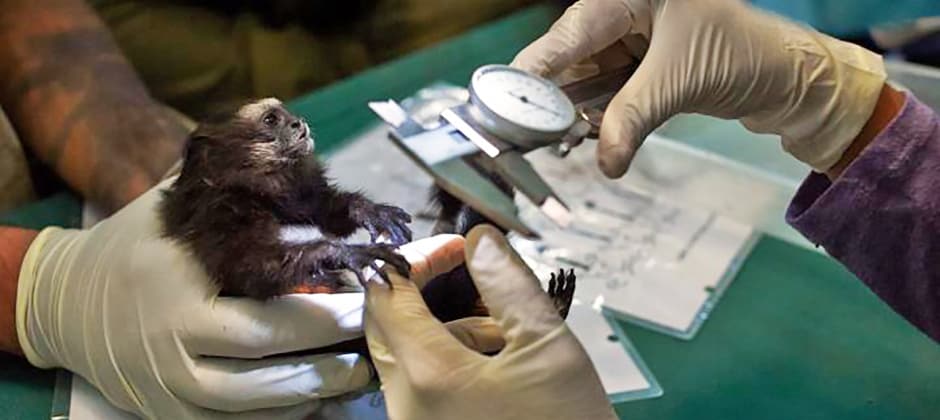Share this article
Global wildlife surveillance can halt future pandemics
In order to stop future devastating pandemics like COVID-19, wildlife scientists and experts argue that a global system of wildlife surveillance is necessary. The researchers point to epidemics like Ebola, avian influenza and HIV/AIDS, which have spilled over from animals to humans.
“It’s impossible to know how often animal viruses spill over into the human population, but coronaviruses alone have caused outbreaks in people three times in the last 20 years,” said Jennifer A. Philips, an associate professor of medicine and co-director of the Division of Infectious Diseases at Washington University School of Medicine in St. Louis in a press release.
In a paper published in Science, Philips and her colleagues suggest having local teams of researchers and technicians extract viral genomes from animal samples, sequence them on site and upload the sequences to a database in the cloud.
“Even a decade ago it would have been difficult to conduct worldwide surveillance at the human-wildlife interface,” Philips said. But because of technological advances, it is now feasible and affordable, and it has never been more obvious how necessary it is.”
Read the paper in Science.
Header Image: A juvenile saddleback tamarin (Saguinus fuscicollis) is measured as part of an annual health check of a population of three primate species in southeastern Peru. A team of wildlife biologists, infectious disease experts and others propose a global surveillance system to identify animal viruses that have the potential to cause human disease. Credit: Ishaan Raghunandan








